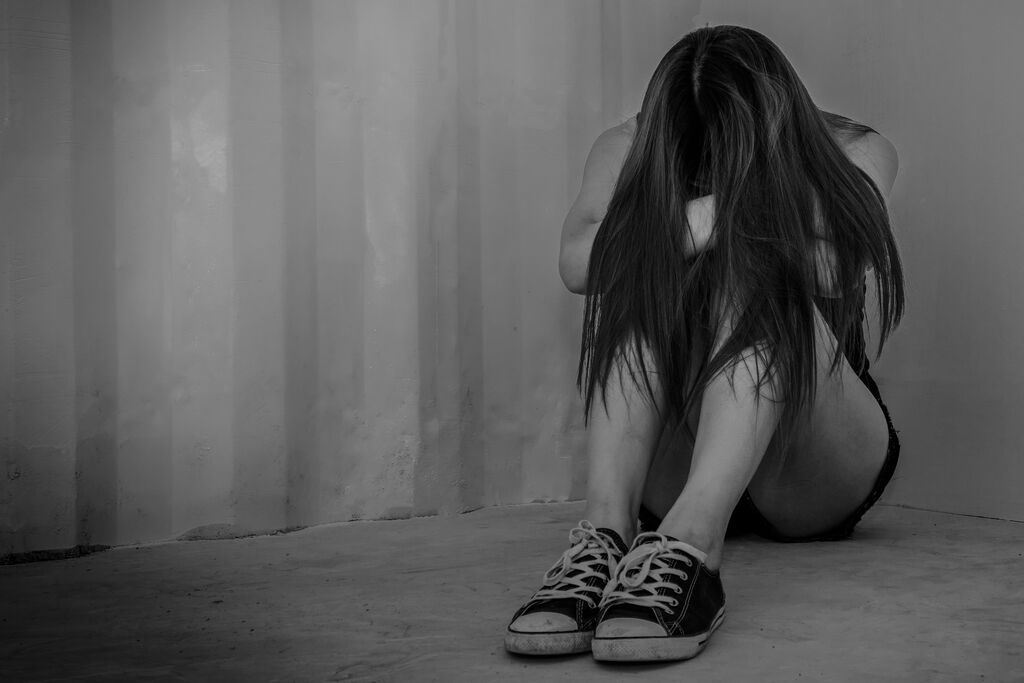Grooming gangs inquiry: The difficult path to truth and justice

This week has seen the grooming gangs inquiry descend into chaos and disarray. The inquiry, announced by the Prime Minister back in June, involved a panel of survivors of child sexual exploitation by so-called ‘grooming gangs’ who target and abuse vulnerable girls.
Although a commendable task, the inquiry is now in turmoil. Over the course of this week, five survivors who were part of the panel guiding the inquiry have stood down. Two prominent people who were in line to chair the inquiry have publicly withdrawn from consideration. There have been calls for Safeguarding Minister Jess Phillips, who is setting up the inquiry, to quit. The five survivors who have resigned have called for Jess Phillips to go, while other survivors have written in support of her work and her continued involvement.
Prime Minister Harold Wilson once quipped that “a week is a long time in politics.” For the inquiry into grooming gangs, this week has certainly seemed long and difficult. It is not clear where things go from here. So how did it all go so wrong?
The importance of truth
One of issues that has sparked much of the drama of this week is the scope of the inquiry. When the inquiry was set up in June this year, survivors were told that it would focus on group-based child sexual exploitation of girls by grooming gangs. When a panel of survivors met a month or two afterwards, it became clear that those in the group were not just survivors of grooming gangs, but other forms of child sexual exploitation and abuse were represented as well.
Those of us untouched by these different forms of abuse and exploitation might wonder why this matters. Surely it is good that all forms of child abuse are being discussed and investigated? Why not hear from a wider group of survivors to hear their stories, learn from their experiences and understand how to act? Why should they be excluded from this inquiry?
Here at CARE we are against all forms of abuse and exploitation; we believe that all forms of sexual harm against children, and adults, should be exposed and prevented. But one single inquiry is not always the best approach to ensure that the truth is seen and understood.
Broadening the scope of an inquiry such as this can actually be a hinderance to action on grooming gangs, as well as other forms of sexual abuse. Broaden your view too far and you miss the important details. You lose the trees for the wood. You mask the truth.
Details are important because they allow you to notice specific reasons for failure and pinpoint specific actions to take. As one grooming gang survivor, Fiona Goddard has said: “The whole point, and impression that I had been given, was that this new inquiry would focus on grooming gangs. Otherwise it would become another general inquiry and not address what happened to me and hundreds of other girls in our unique situation.” Another of the survivors, Ellie Reynolds, said that the inquiry had become “less about the truth and more about a cover-up.”
As Christians, we believe truth is vital, especially in public life. The Psalms call Israel’s king to “ride forth victoriously in the cause of truth, humility and justice” (Psalm 45:4). As he gives his wisdom in the book of Proverbs, Solomon says to his son that he is “teaching you to be honest and to speak the truth, so that you bring back truthful reports to those you serve” (Proverbs 22:21).
Truth is important, and even more important when the issue is complex. We cannot shy away from complexity, especially in a subject such as child sexual abuse. Truth demands that we face the difficult and uncomfortable realities in order to find hopeful solutions to the pain in our world.
The difficulty of trust
A second issue which has led to the problems of this week is the difficulty of trust. It seems that the final straw for the survivors were the names put forward to chair the grooming gangs inquiry. They are two eminently capable people: former police officer Jim Gamble, and former social worker Annie Hudson. No doubt they would have been keen to pursue truth and justice if they were appointed chair.
But for survivors of this abuse, these two figures represented professions that had failed to protect them. They could not command the trust of those who were on the panel, and this led to some survivors resigning and the two potential chairs stepping back from consideration. Jim Gamble, who is a former Northern Ireland police chief said it was “clear that a lack of confidence due to my previous occupation exists among some.”
The potential chairs were not the only one whose trust was in doubt. Safeguarding Minister Jess Phillips has faced calls to quit over her role in the difficulties surrounding the inquiry. She has been accused of calling a survivor ‘a liar’ over disagreements about the scope of the inquiry. Another survivor from the panel has said, “I think maybe the best thing for Jess to do is resign.”
The five survivors who have resigned have put Jess Phillips’ resignation as a condition of their return. “Being publicly contradicted and dismissed by a government minister,” they have said, “when you are a survivor telling the truth takes you right back to that feeling of not being believed all over again.” At the same time, another set of survivors have expressed their support for her. “Jess Phillips MP has remained impartial to the process, only listening to feedback, we want her to remain in position for the duration of the process for consistency,” they wrote. “Her previous experience and drive to reduce VAWG (violence against women and girls) and her clear passion and commitment is important to us.”
All of this highlights the need, and difficulty, of trust. Trust in individuals, and trust in the organisations and professions they represent. Trust is difficult to earn and even more difficult to regain. We shall have to see how Jess Phillips weathers this storm over the coming weeks, but once trust is eroded for whatever reason, it can be extremely challenging to rebuild.
Yet in an inquiry such as this, trust is paramount. Survivors need to trust that they will be heard and believed. They need to trust that difficult truths will not be ignored or covered up. They – and we – need to trust that, at the end of it all, action will be taken.
The need for politics without politics
One reason why trust is lacking is the perception that people are using the issue for political gain. As he withdrew from consideration as chair of the inquiry, Jim Gamble said that political “point-scoring” had created a “highly charged and toxic environment.” One of the survivors said that “I think the decent thing to do would be to stop arguing in Parliament and come and meet us and let's all work together.” Carly, another victim of abuse, stated that “survivors should be at the centre of this inquiry, and political debates must be left at the door.”
People perceive politicians and politics as getting in the way of truth and justice. Yet the issue of grooming gangs is exactly why we need politics and need to be engaged in the political process. Politicians can launch inquiries such as these; they can consider the results and implement positive actions and legislation. Politics and governments enable laws to be enacted and enforced, so that those who seek to abuse and exploit others can be stopped. “The one in authority is God’s servant,” writes the apostle Paul. “They are God’s servants, agents of wrath to bring punishment on the wrongdoer” (Romans 13:4).
We need politics and politicians to stop what is wrong and evil, and to promote what is right. That is why at CARE we work for politics to be renewed not removed. We need politics to enact good laws that protect the vulnerable. Sometimes politicians can be prevented from doing that by point-scoring, finger-pointing and party politics. We need positive politics without the negative political wrangling. We need politics without the politics.
Commenting on the difficulties surrounding the inquiry, Deputy Prime Minister, David Lammy said “The starting point is: this is hard… there often is not a uniform voice.” We ask our politicians to do hard things: to consider the hard truths and to be trusted to make hard decisions for the common good.
Gaia Cooper, one of the five survivors who have resigned, said: “I deeply hope that both sides of the political spectrum will have the good grace to support this inquiry with the sensitivity and care it deserves, and not to keep using it as a political battering ram. Let’s be honest, both sides are complicit in cover-ups and failures.”
Politics is not removed from the brokenness and failure that is common to sinful humanity. We need to pray for those in the political process that they have grace and compassion in dealing with hard issues such as abuse. We need to pray for truth to be spoken and trust to be maintained. We need to pray that politics is not consumed by point-scoring or finger-pointing, but serves God’s values of truth, humility and justice.






